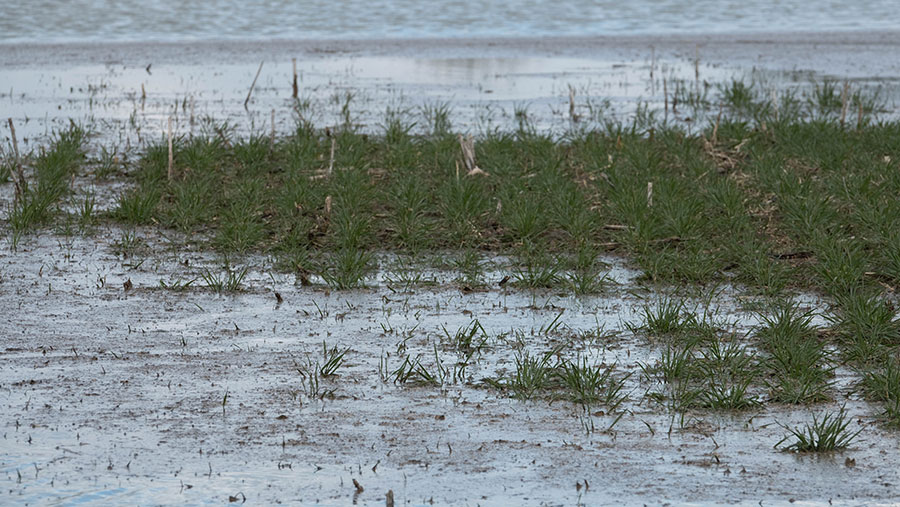Drilling delays push up grain prices

Fewer farmers selling
“Farmer activity has slowed, with little or no selling of new-crop, though marginally more on barley.
“Consumers also looking for cover through both crop years has helped support prices,” Mr Kimber said.
The new-crop November 2020 Liffe feed contract is definitely pricing in a “poor” 2020 harvest, and the UK will likely be a net importer of wheat next season, so the pain of any hard Brexit on domestic prices would be softened, as the UK would need to preserve stocks, said Benjamin Bodart of analyst CRM .
Traders caution that things could change very swiftly if the ground dries and good conditions return.
Even with better weather, most expect a smaller wheat area for next year’s harvest and a jump in the spring barley area.
As well as the rain, cold temperatures and reduced daylight will not help the prospects of the 2020 wheat crop, said Mr Bodart.
“Overall, it is estimated that wheat plantings are just about 40-50% complete in the UK. We still have a tiny bit of time, but the weather forecast is far from ideal.
“Last time we had significant planting issues in the UK, it was for the 2013-14 campaign [plantings in the autumn of 2012] when the final wheat area fell nearly 19%, or 377,000ha, on the previous year to just 1.62m hectares, resulting in a crop below the 12m-tonne mark.
“If we were to assume a very conservative 15% reduction in the planted area on the 2019-20 figure, we would end up with just 1.540m hectares.
“Assuming a 10-year average yield of 7.9t/ha, once again optimistic based on the current conditions, the 2020 UK wheat production could be down more than 4m tonnes on the 2019 harvest, to 12.2m tonnes,” Mr Bodart said.
“Additionally, we could see milling premiums for new season well supported, with the core producing region of the Midlands severely affected, while spraying programmes are also delayed on emerged crops.
“Based on last season’s prices, it makes sense to commit some of the 2020 wheat harvest at current levels without being too aggressive,” he said.
“Interestingly, we also need to remember that the UK is a fairly small player. Back in 2012, the November 2013 Liffe feed wheat contract peaked at the end of November 2012 after a 16% rally in price – or £28/t – from early September.
“The reduced UK winter wheat planted area will undoubtedly result in higher spring barley plantings – difficult to quantify just yet – with prices of the latter cereal, without considering the negative effect of a hard Brexit, the most at risk of significant pressure in the months to come,” Mr Bodart said.
“That is why we have been more aggressive on forward selling feed barley with the £140s available for spring 2021 delivery, but farmers are now very nervous about overselling.”
